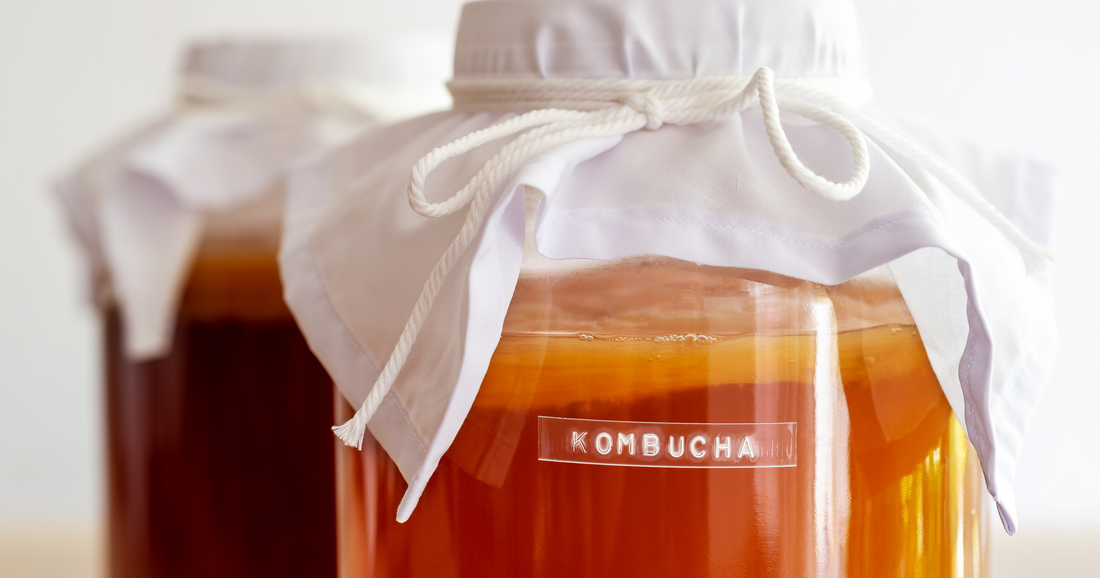
Prebiotic vs. Probiotic: What’s the Difference and Why Do You Need Both?
Ever wondered what the real difference is between prebiotics and probiotics? While they’re both all about gut health, they do different things. Luckily, our resident Naturopath, Sonia, is here to break it all down!
Prebiotics – The Food Your Gut Needs
Prebiotics are special little fibres found in plants. We can’t actually digest them, so they make their way down into the lower digestive system, where they become food for the good bacteria living in your gut. This helps keep your gut microbiome healthy and balanced.
Some top prebiotic foods include:
-
Bananas – A tasty, portable snack with a prebiotic punch.
-
Asparagus – Great roasted or added to your favourite dishes.
-
Honey – Sweeten things up while feeding your gut.
Adding these to your diet helps the good bacteria thrive, which means better digestion and overall gut health.
Probiotics – The Good Bacteria That Thrives in Your Gut
Probiotics, on the other hand, are foods or supplements packed with live, friendly bacteria and yeasts. These little guys help replenish the good bacteria in your digestive system, which is super important for digestion and getting the most nutrients from your food.
Some probiotic-rich foods include:
-
Natural Yoghurt – Simple, delicious, and full of live cultures.
-
Pickled Veg or Sauerkraut – Adds a tangy twist to meals while supporting your gut.
-
Kombucha – A fizzy fermented tea that’s great for digestion.
-
Kefir - A fermented drink usually made from cow’s or goat’s milk.
Getting enough probiotics helps keep your gut bacteria balanced, which can make a big difference in how you feel day-to-day.
Do You Need Both Prebiotics and Probiotics? (Spoiler: Yes, You Do!)
You definitely want a good mix of both. Think of it like this: if you’re adding probiotics by drinking kombucha, they’ll be a lot happier (and more effective) if there’s plenty of prebiotic food to munch on. While they’re different, prebiotics and probiotics work together to keep your gut healthy, so make sure you’re getting a bit of both.
But remember, balance is key. Too little can slow down your digestion and cause things like constipation. Too much? That can lead to extra gas and bloating.
How to Get Started
It’s best to make changes gradually to see what works for your body. Start by sneaking more prebiotic-rich foods like bananas and asparagus into your meals. Then, add in some probiotics like yoghurt or kombucha.
Pro Tip: Herbs can help support your digestion as you make changes to your diet. Adaptogenic herbs, in particular, can give your gut the support it needs to adjust. Herbs including elecampane and burdock root provide prebiotics as well.
Our Fave: We might be a little biassed (okay, definitely biassed), but we love our Hello Digestion capsules. Just one capsule a day gives you 10 active herbal ingredients, including marshmallow root, fennel seed, and marigold, to keep your gut happy.
Cheers to a Happy Gut!
Taking care of your gut doesn’t have to be complicated. By understanding the roles of prebiotics and probiotics, and finding the right balance for you, you’re well on your way to better digestion and overall wellness. Remember good health starts in the gut!
